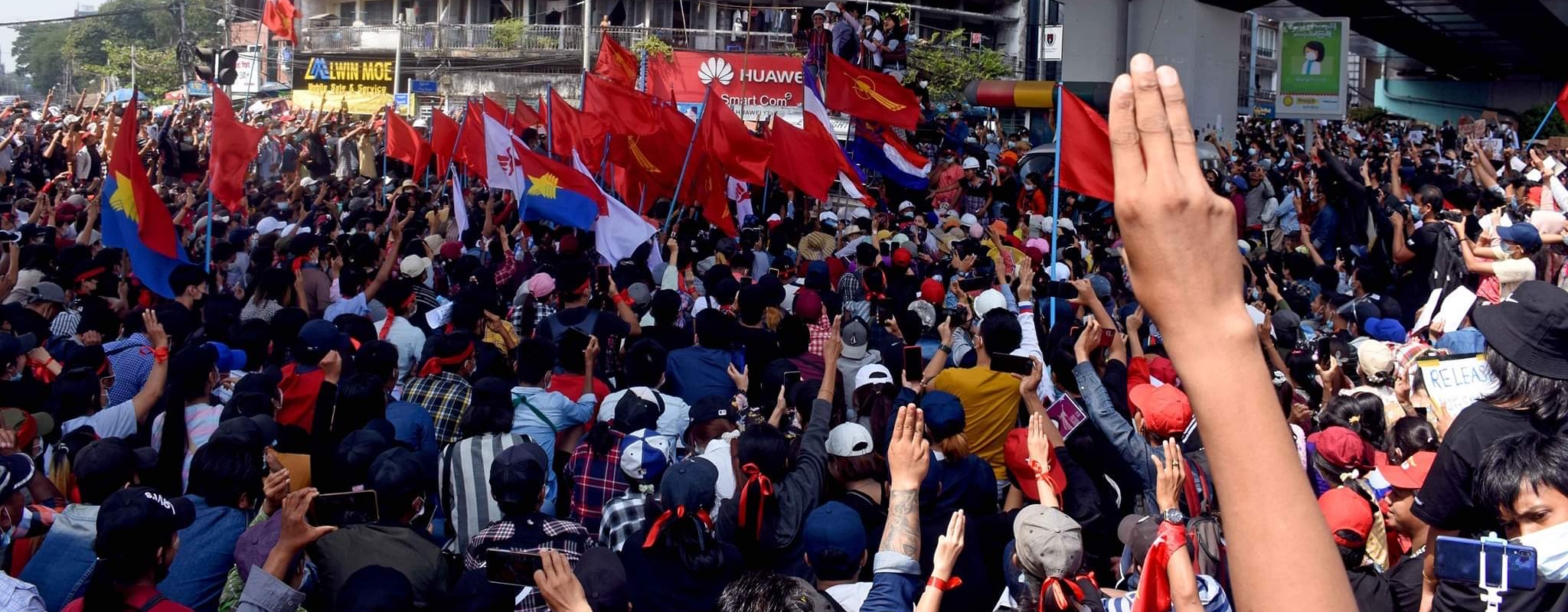How to halt democracy erosion
The quality of democracy in developing and transformation countries has been in steady decline over the past 20 years. The latest findings of the Transformation Index of the Bertelsmann Stiftung, now in its tenth edition, show that out of 137 countries surveyed, only 63 remain democracies, while a majority are classified as autocracies. However, there is reason for hope. The examples of the transformation countries Brazil and Poland, where voters have rebuffed authoritarian trends, show the potential for reversing democratic erosion.
In the early years of the BTI, almost 20 years ago, democracies around the world faced much less pressure. Today, almost a third of the 137 countries surveyed by the BTI show the lowest level of political participation opportunities ever recorded by the BTI. In the last two years alone, elections in 25 countries were less free and fair, while assembly and association rights in 32 states have been increasingly curtailed and the freedom of expression in 39 countries has faced tightened controls. This gradual erosion of democracy can provide a pathway for the establishment of authoritarian rule, a trend exemplified by the cases of Bangladesh, Mozambique and Türkiye.
Nonetheless, there are still democracies able to withstand the pressure. The Baltic States as well as Taiwan, South Korea, Costa Rica, Chile and Uruguay demonstrate how successful transformation can be achieved. Firmly anchored in the rule of law, governance in these states emphasizes strategic prioritization, participatory processes and inclusion. It thus delivers strong outcomes in the areas of education, health care, infrastructure and living standards which, in turn, strengthen democracy on the whole.
To counteract the erosion of democracy, institutions and mechanisms of oversight such as the judiciary, parliament and the media are essential. Free and (partially) fair elections have brought about change in some East-Central and Southeastern European countries such as Czechia, Moldova, North Macedonia, Poland and Slovenia, as well as in Latin America, such as Brazil, Guatemala and Honduras. “Authoritarian trends can be stopped at the ballot box,” says Hauke Hartmann, Senior Expert at the Bertelsmann Stiftung. “This requires a mobilization of civil society prior to elections and a return to the rule of law after the elections.”
Civil society matters
In the defense of democracy, one crucial stronghold is the resilience of civil society. Recent examples from Brazil, Kenya and Zambia underscore the pivotal role civil society plays in ensuring fair elections and upholding their integrity, often in collaboration with electoral authorities or constitutional courts. Similarly, in Poland and Sri Lanka, successful mobilization efforts have safeguarded civil and social rights. These instances highlight the importance of uniting street-level activism with institutional checks on government power to effectively resist authoritarian trends. Strengthening and safeguarding these civic forces and institutions stand as paramount strategies for fortifying democracy. Encouragingly, recent BTI assessments indicate that cooperation among interest groups and the self-organizational capacities of civil society remain robust.
Good governance remains elusive, especially in autocracies
Despite claims by authoritarian leaders that their states are governed more efficiently than democracies due to streamlined decision-making processes, the latest BTI findings suggest otherwise. In fact, the report reveals that at the bottom of the efficiency scale are 45 regimes plagued by disorganization and corruption, spanning from Cambodia to Venezuela to Zimbabwe, nearly all of which are ruled with an iron fist. While a few autocratic regimes demonstrate efficient governance, they are a rare exception.
The extent to which the quality of democracy and good governance are intertwined cannot be overstated, especially with regard to consensus-building. In 80 countries, the ability and willingness to foster consensus have declined over the past decade, marking the most significant setback in the realm of good governance. “In many cases, governments have neglected efforts to cultivate societal consensus for too long. Continuous dialogue and inclusivity in decision-making processes are not weaknesses but strengths of democratic governance,” says Sabine Donner, Senior Expert at the Bertelsmann Stiftung. “Good policymaking remains one of the most potent responses to authoritarian challenges.”
About the BTI
Since 2006, the Bertelsmann Stiftung’s Transformation Index (BTI) has analyzed and evaluated on a biennial basis the quality of democracy, economic performance and governance worldwide. The current sample includes 137 developing and transformation countries. The assessment is based on detailed country reports that in sum exceed 5,000 pages. They are the the result of a collaborative process involving nearly 300 experts from leading universities and think tanks across more than 120 countries. The review period for the current edition was from February 1, 2021 through January 31, 2023. The BTI is the only international comparative index that measures the quality of governance using self-collected data and offers a comprehensive analysis of political management in transformation processes.
